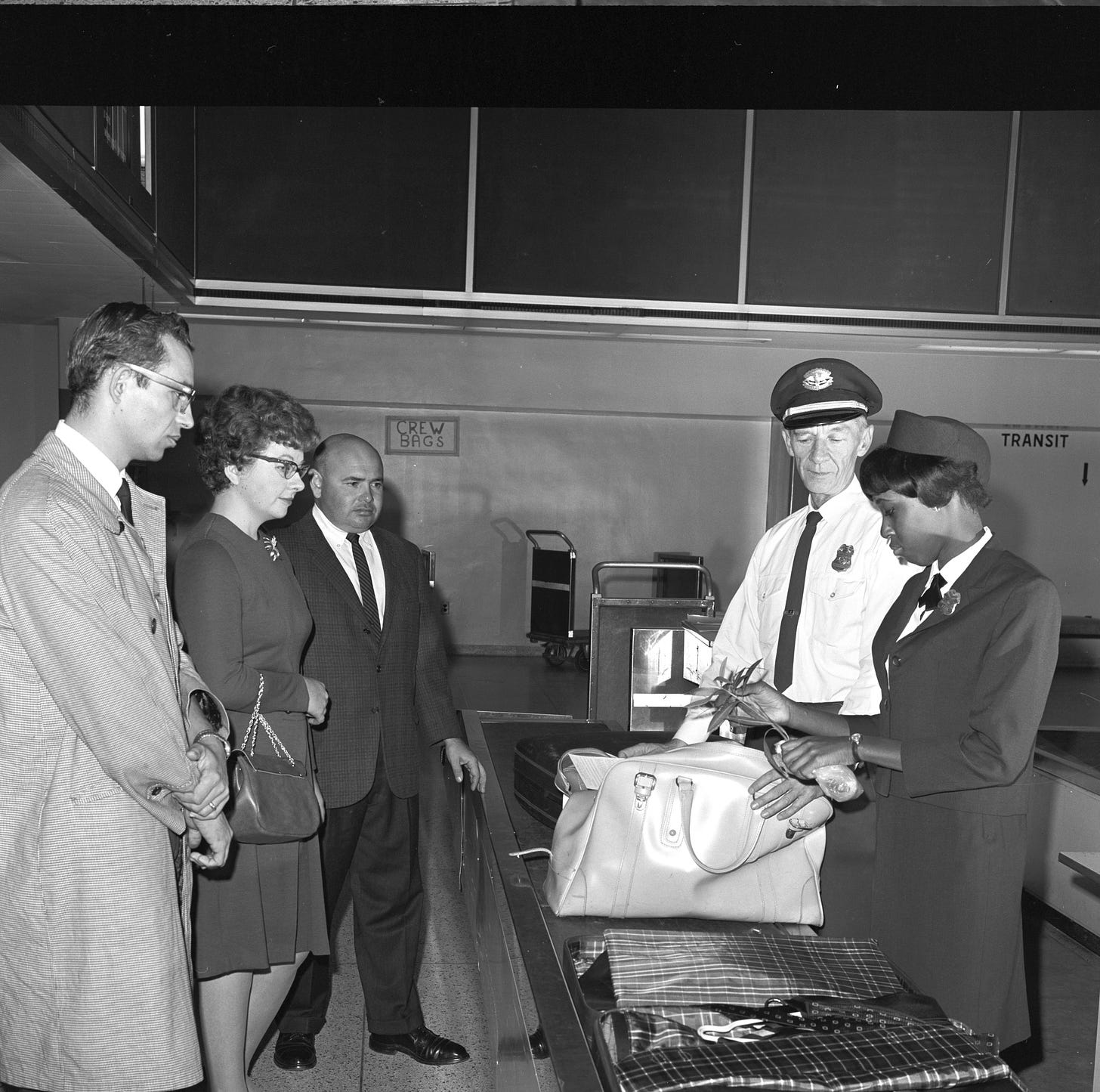I’m willing to bet that a year ago millions of Americans had never heard the word tariff. It has an old timey ring to it, no? Tariffs once accounted for between 50% and 90% of all federal income. There were (are) problems, though. For one thing, importers almost always pass the extra cost associated with paying tariffs on to their customers (that’s us!). What do we get in exchange? Well, if you work at a factory that might otherwise go belly up in the face of low-cost competition from overseas, then maybe you get to keep your factory job. But for the most part tariffs are just another kind of tax; an alternative to income tax (which, incidentally, gradually replaced tariffs as a primary source of federal revenue after 1913). We hate income taxes, don’t we? But they at least have the benefit of being progressive (small “p”), rising in rate with increasing income. Consumption taxes like tariffs don’t: they hit everyone with the same force. The insensitivity of all consumption taxes to income level makes them regressive. Poor people are forced to use all of their income for current consumption. Rich people can choose not to consume and instead earn a return on invested capital. Interest and dividend income can then soothe the pain of paying tariffs when needed.
Why don’t we just make everything at home and avoid tariffs entirely, you might ask? The answer is because, even in the face of tariffs, it typically costs less to import many products. You may feel like you’re overdue for a raise (and you probably are), but in many parts of the world people work for next to nothing under deplorable conditions. We’ve all heard the term sweatshop. It’s not that room at the gym where old guys sit around in towels. Most American workers alive today have never faced reporting to a workplace without federal safety regulations, protections against wage theft, and at least some guaranteed time off. (Our safety net is fraying, and we are facing increasing pressure from employers.) Nevertheless, American labor is expensive by comparison.
Centuries ago, before transnational corporations routinely shuttled capital between countries, the theory of comparative advantage held that, if your uncompetitive shoe factory failed to compete against imports, the factory’s owners would reallocate their capital domestically, and you would be likely to find a job at some new type of factory that was relatively more competitive, i.e. we would make what we were least bad at making. Nowadays, absolute advantage rules. A country that can’t offer the best global price on anything will experience capital flight. It is no longer difficult or expensive to set up a foreign production operation, manage it over the Internet, and reimport the finished goods. Sorry, domestic workers. Hence, tariffs. If you can’t beat ‘em, tax ‘em. Or…maybe you just don’t like that other country and you want to stick it to them, or else bully them into selling you natural resources…or becoming one of your states?
There is another way to look at tariff policy, though. One of the most common ways export-driven economies thrive is by ignoring ecological damage. It is always easier and cheaper to dump waste where no one is looking than to spend the money to avoid or remediate industrial pollution. Everyone pays environmental costs, whether they realize it or not. The good news is that everyone also benefits from environmental stewardship, whether they pay for it or not. So, let’s make everyone pay. Set tariffs equal to the cost differential between building something in the most ecologically responsible manner and building it the quick and dirty way. There is probably no better place to start than the mining industry. A study by researchers at Griffith University in Australia provides a useful summary of the degree to which mining waste harms the environment and costs everyone money. The problem of mining waste can only grow larger as we steadily deplete the most concentrated (valuable) mineral deposits. Waste management is easily the mining industry’s most important energy conservation, carbon reduction, and social responsibility issue.
Source: Openverse
The concept of ecological tariff policy is already being partially implemented. The EU Carbon Border Adjustment Mechanism is designed to level the cost of imported goods to comply with European greenhouse gas emissions targets. This tax is easy to understand, (relatively) easy to calculate, easy to justify to constituents and trading partners, and (best of all) morally defensible as providing a tangible benefit to everyone on Earth. I think ecological tariffs are one of Herman Daly’s best suggestions for creating a sustainable economy. They are absolutely more rational, less disruptive to long-term business planning, and less diplomatically volatile than the quasi-random, vindictive, doomed-to-fail US tariff policies currently in vogue. We are never going to employ armies of Americans to tighten “little, little screws” into mobile phones. On the other hand, we almost certainly will need to begin expanding domestic mining operations, and soon. If new US mines are built to compete on price with the lowest cost foreign alternatives, then we are on a fast track to poisoning large swaths of our landscape and endangering the health of our fellow citizens. The only way to mine cleanly and economically is to incentivize everyone else to do so as well.


